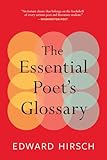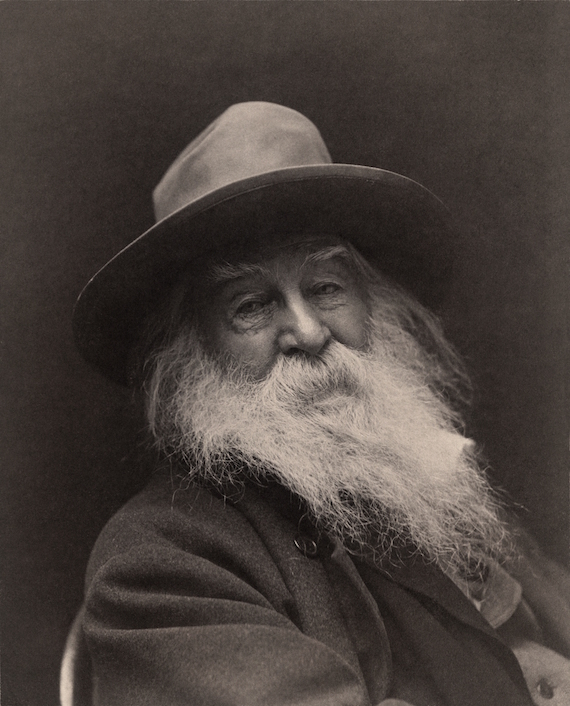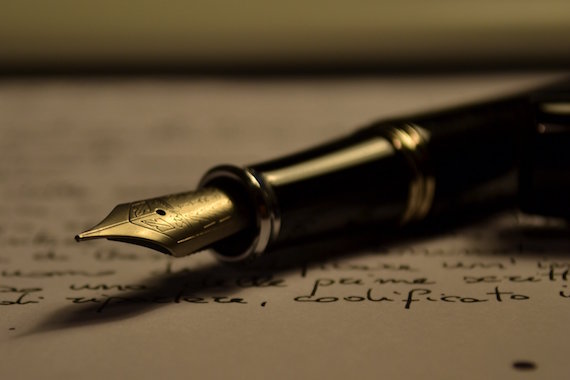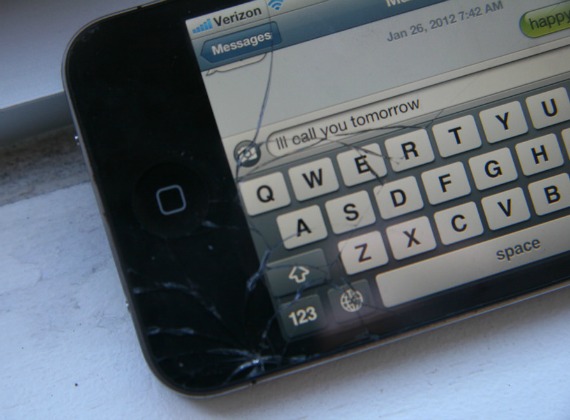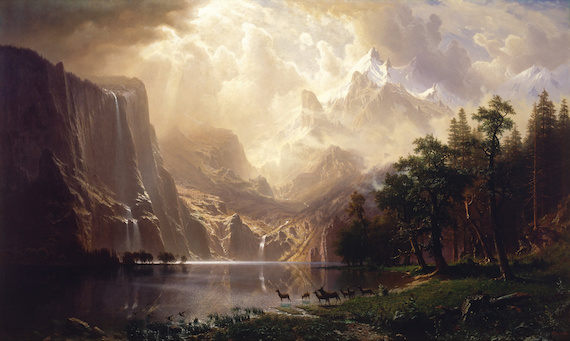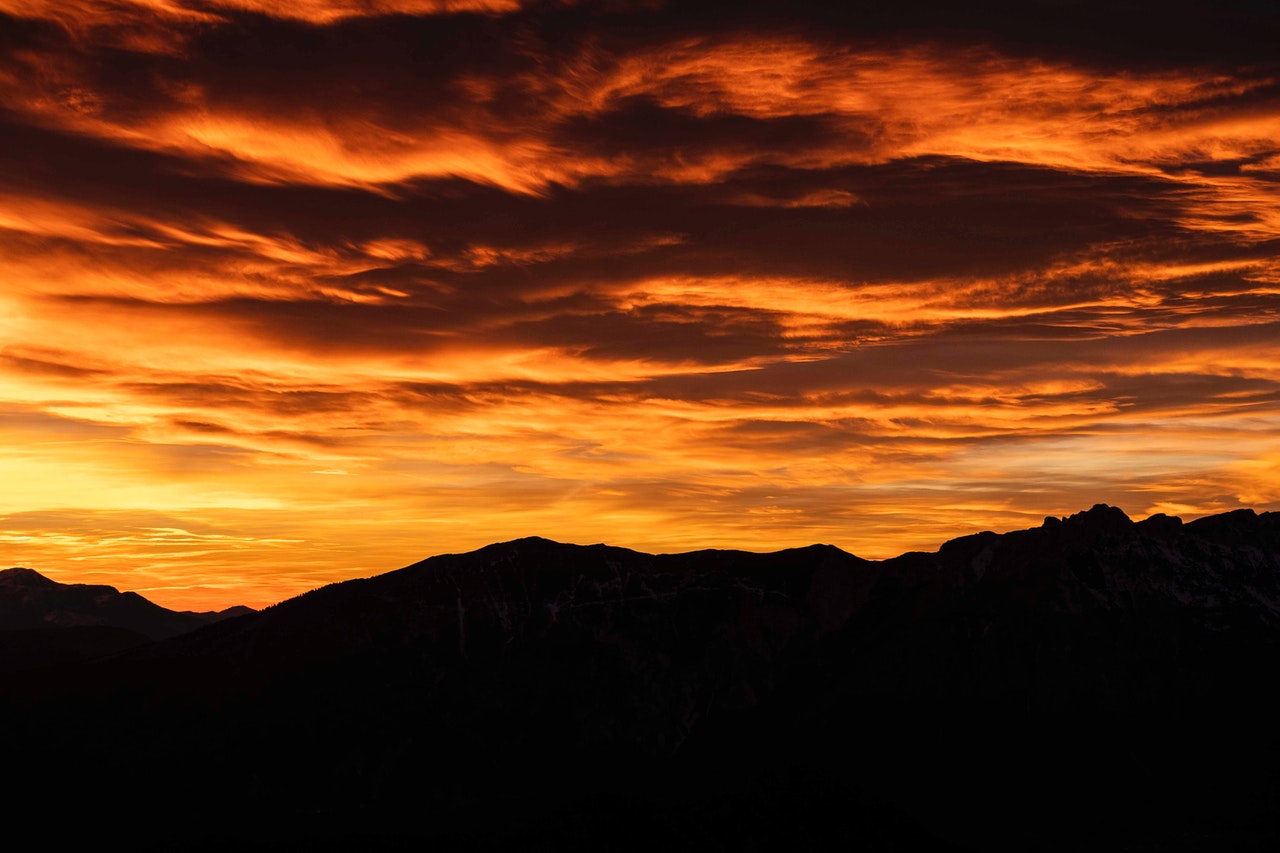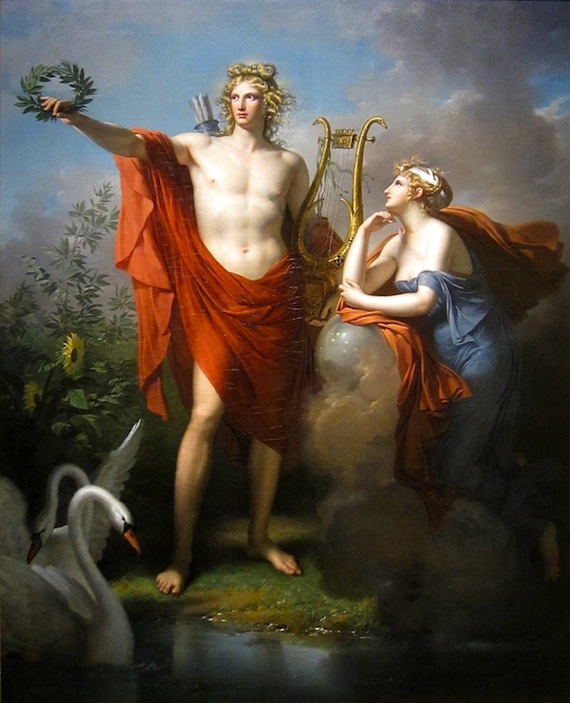
Polish Poetry in a Time of American Resistance
After Donald Trump was elected on November 8, many sought out poetry. “People just were looking for words to help them make sense,” says Jennifer Benka, director of the Academy of American Poets.

